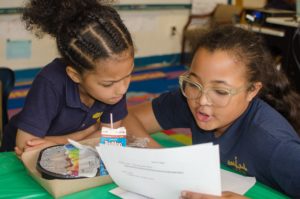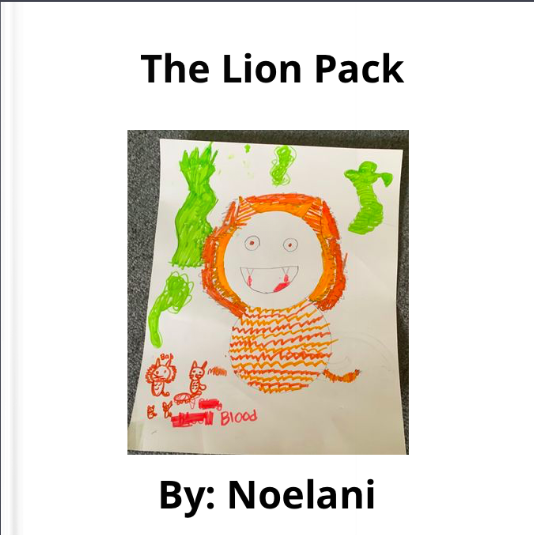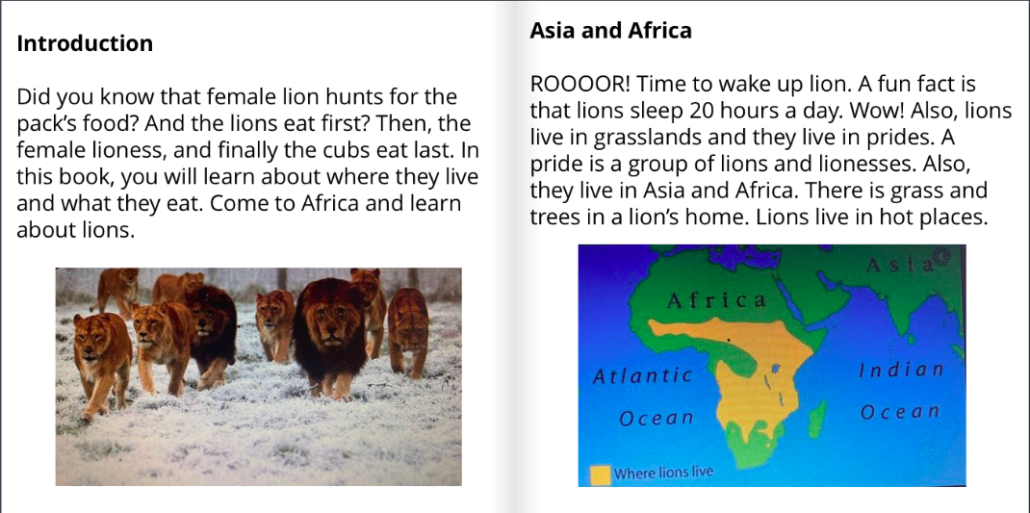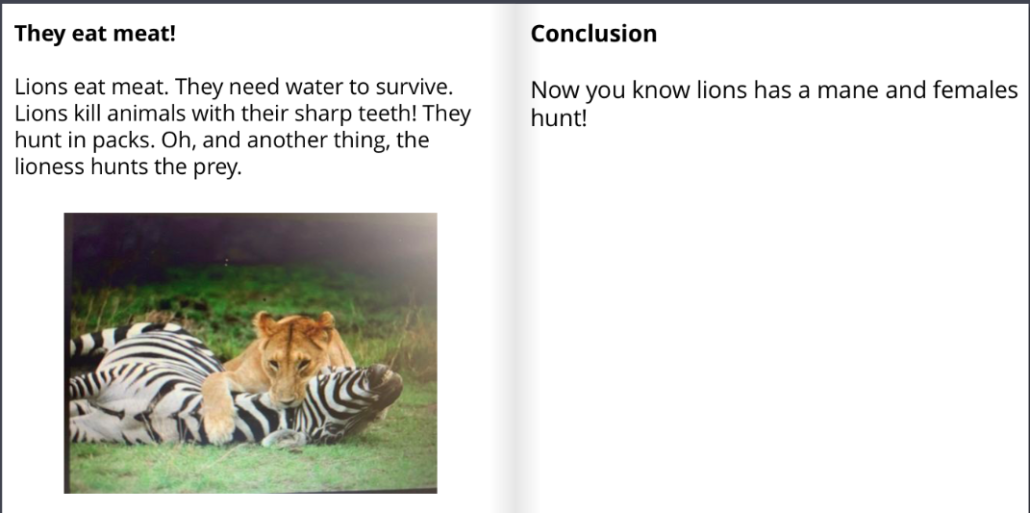An asynchronous writing journey: residents and students learn together
In March, this year’s Boston Teacher Residency cohort shifted their training and their teaching from our two Teaching Academies to virtual platforms. Right before the city entered quarantine, Residents embarked on one of the most meaningful events of their program year: writing their own memoirs while developing a writing unit for Dudley Street School scholars.
Lilly Siu, the BTR coach for elementary literacy, teaches residents how to teach elementary students the fundamentals of writing. In order to prepare to teach writing, Residents first engage in writing themselves, reflecting on themselves as writers as learners and remembering what it feels like to struggle through concepts and tasks. “Teaching is very personal” Lilly says, “the better you know yourself, the better teacher you will be.”
As Residents are writing their own memoirs, they are also developing a four to six week unit for their classrooms at Dudley Street School. Each morning, Residents work on their own memoirs following the Lucy Calkins’ Writing Workshop model: brainstorming, drafting, revising, conferring and peer editing. In the afternoon, Residents work on their plans for bringing the writing instruction to the classroom. Each grade selects a genre, such as graphic novels, poetry, fiction series, animal nonfiction and realistic fiction.

Residents study the memoir genre together, examining exemplars and referencing criteria for a good memoir. They draft their own in four days — it’s the speed version of what they’ll teach. This experience is taking place towards the end of the year, and the resident cohort has established trust. They’ve built community, and the time is right for them to take the brave step of sharing their personal stories with each other, and providing each other with constructive feedback to make their stories stronger. Lilly and BTR Director Marcie Osinsky model storytelling by writing their own memoir in the same four day period and receiving feedback from the residents, giving them an opportunity to practice conferring. In the grades 1-5 classroom as well as the residents’ classroom, the unit culminates with a publishing party. The residents speak of feelings of pride, accomplishment, and growth. These are the feelings that Lilly and the residents want students to experience as they journey through the writing process.
Each grade 1-5 classroom is tackling different aspects of writing, at different levels. During quarantine, the first grade teaching team has discovered that this writing unit is better virtually, because students can brainstorm and share ideas online, and students can focus, for the time being, on the creativity and form of writing rather than the physical challenge.



Sol Perez, a second grade Resident, is teaching her students to write animal non-fiction stories, and they’re learning what it means to be a researcher. For example, they are learning the difference between fact and opinion, paraphrasing versus quoting, and about fiction storytelling versus non-fiction narrative. Sol had planned on having her students make their writing into physical books, but now that the classroom is remote, she has had to rethink the project. She re-wrote her plan and now students are creating books online. The second graders have used the independent reading skills they have cultivated over the year to research their animal non-fiction books. They spent the late spring writing, and will host their families and virtual visitors for a publishing party this week in which students read their books and celebrate their accomplishment.



Leave a Reply
Want to join the discussion?Feel free to contribute!